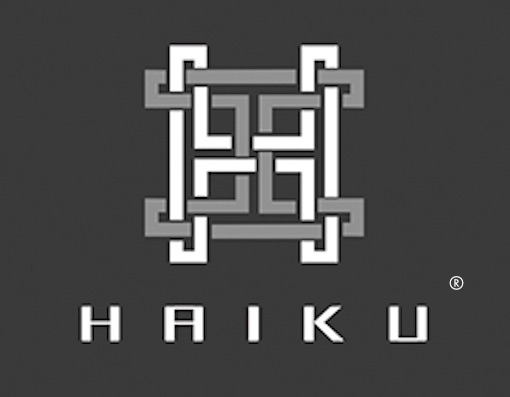In 2009, two men conducted an interesting experiment. They bought cheap, everyday, ordinary objects and asked deft storytellers to use their wild imagination to craft stories around them. Then they listed these objects to be sold on eBay. Each object had its own deeply moving story or a personalized account. Each story evoked strong emotions.
The Result: Many of these objects got sold for a whopping markup of over 1000%. Something that couldn't be explained through logic. Stories enhanced the perceived value of these ordinary objects. Well crafted myths infused life into these inanimate things. You can read more about this experiment here.
“I am enough of the artist to draw freely upon my imagination. Imagination is more important than knowledge. Knowledge is limited. Imagination encircles the world.”
First of all, 'our Calling' to tell remarkable stories is not something new. It is, in fact, something really old. And that is a good thing.
Stories- An Eternal Need And The Most Important Tool For Mankind :
Humans are wired to make sense of the world through stories. But a less well known fact is that it is our storytelling abilities that helped us survive and thrive on this planet, even against stronger and swifter species.
One on one, man never stood a chance against the powerful apex predators. We should have failed Darwin's theory of survival. Clearly we were not the fittest. Not in sheer strength nor in our hunting capabilities. But not only we survived, we have thrived like no other species on this planet. We leveraged on a special skill set that is unique to Humans- our Storytelling capabilities.
We used myths, stories and the power of imagination to create mass cooperation. Even insects can communicate. But no other species can get strangers to cooperate on a mass scale. Only Humans can do that. Through storytelling. It turns out we are the only ones to be able to spin a story. It helped us beat bigger and stronger animals. It helped us become civilized and form societies and nations. Now it helps us to sell products and ideas.
Imagined reality > Objective Reality
Imagined reality often outweighs objective reality because it provides us something larger than life to believe in. Most of our institutions and systems are nothing but imagined reality, a fiction, a story. And because a large number of people believe in these stories we have companies, religious and educational institutes, legal systems and even central banks working efficiently. This is why marketing exists. This is why cult brands are formed. This explains why some brands defy market and economic realities. And why some political leaders win big. This is why it is difficult to beat market leaders. And why some products despite being stronger in terms of features, configuration or prices, still struggle.
'A story to believe in' is a deep human need. It existed even when brands, marketing and advertising did not exist. It has prevailed for centuries right from the time our ancestors drew pictures on cave walls. Maybe even before that.
Not surprisingly, even today, political outfits, religious institutions and companies that are good storytellers do well.
Business, Marketing and Brands:
As businesses, we want people to buy more and more of our products at higher prices. We want them to remain loyal. We want them to trust us.
Weirdly, we as consumers, also want the same things. We want to buy things, find meaning in objects and to believe in something or someone larger than life. And we are waiting for someone to come in and let us do these things willingly so.
All marketing is a sincere exercise in storytelling. Storytelling because people have an urge for a good story. Sincere because consumers are not morons and you as a creator believe in your product. Marketing/ Branding is like a placebo. It enhances the consumption experience for people. Examples - Apple, Riedel wine glasses, Dove, Red Bull and many more. Brand stories enhance the perceived value of objects. Placebos work well. Not because what they are but because what they do or how they make us feel.
brand = product + aura
A brand is an aura that we create around the product. An aura that causes functional, emotional and psychological euphoria. It means brands should make consumers feel good. It is our job as product creators, marketers and brand agencies to make them feel good. Words, visuals, designs and symbolism have a significant role to play in how we experience products.
The story creates the aura. The story changes how we experience products.
And everyone profits.
A Caveat: When we say 'Profit from Stories', we don't mean a zero sum game. Of course monetary profits are the goals for most businesses. But it doesn't have to come at the expense of consumers. Businesses exist because consumers exist. And consumers deserve great value. While the product will serve and satisfy their functional needs (and we truly believe it should), the story around the product should satisfy their emotional and psychological needs. It is our responsibility as brand creators, business storytellers or branding agencies to provide functional, emotional and psychological delights. So that everyone truly profits.
The question one needs to ask as a brand creator is this:
Is this story true? And are you living that story?
If you truly believe in your product value, all your actions and decisions are in sync with that story and the story you tell is also the story you, your wife or your friend wanted to hear, then, the answer is a resounding yes.
“Those who tell the stories rule society.”














